
Cayenne Pepper Guide Heat, Flavor, Uses PepperScale
Capsicum ( / ˈkæpsɪkəm / [3]) is a genus of flowering plants in the nightshade family Solanaceae, native to the Americas, cultivated worldwide for their chili pepper or bell pepper fruit. Etymology and names A small capsicum plant

10 Exciting Facts About Cayenne Pepper
Aleppo pepper • Allspice Anise • Aromatic ginger • Asafoetida Camphor • Caraway Cardamom Cardamom, black Cassia Cayenne pepper Celery seed Chenpi Chili Cinnamon Clove Coriander seed • Cubeb • Cumin • Cumin, black • • Fennel • Fenugreek • Fingerroot ( krachai) Galangal, greater • Galangal, lesser • Garlic • Ginger • G.

Cayenne Pepper
Capia pepper ( Chili) is one of the oldest crops, and belongs to the plant genus Capsicum and family Solanaceae. Worldwide, more than 20 varieties of pepper belonging to the genus Capsicum are available, such as bell peppers, jalapeños, New Mexico Chile, and cayenne peppers with different taste, colors, sizes, shapes, and pungencies.
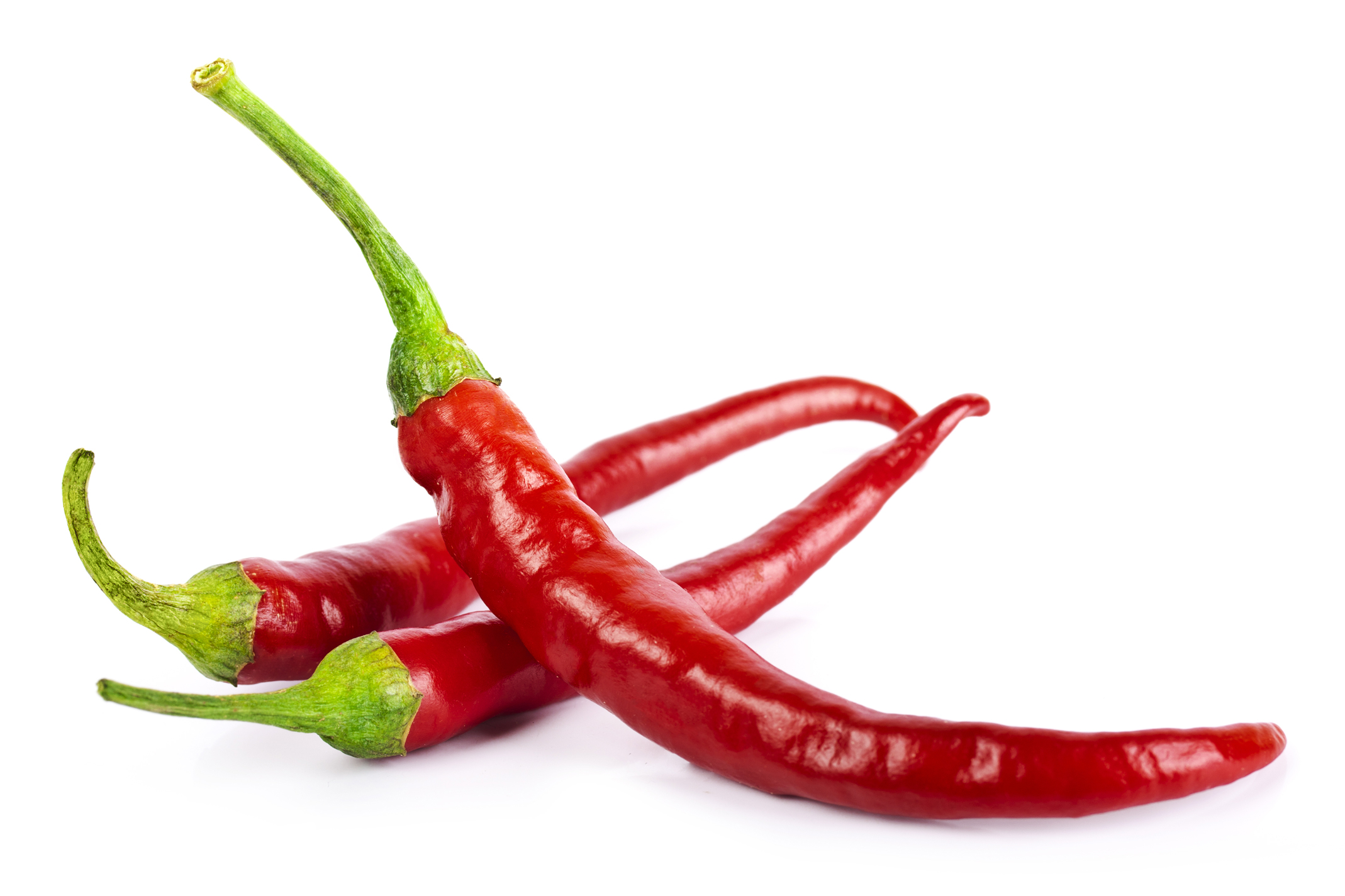
Cayenne pepper facts and health benefits
cayenne pepper, ( Capsicum annuum ), small-fruited pepper in the nightshade family ( Solanaceae ), the source of a very pungent spice of the same name. The cayenne pepper is a cultivar of Capsicum annuum and is said to have originated in Cayenne, French Guiana.

How To Grow Cayenne Pepper Plants Horticulture.co.uk
Moved Permanently. The document has moved here.
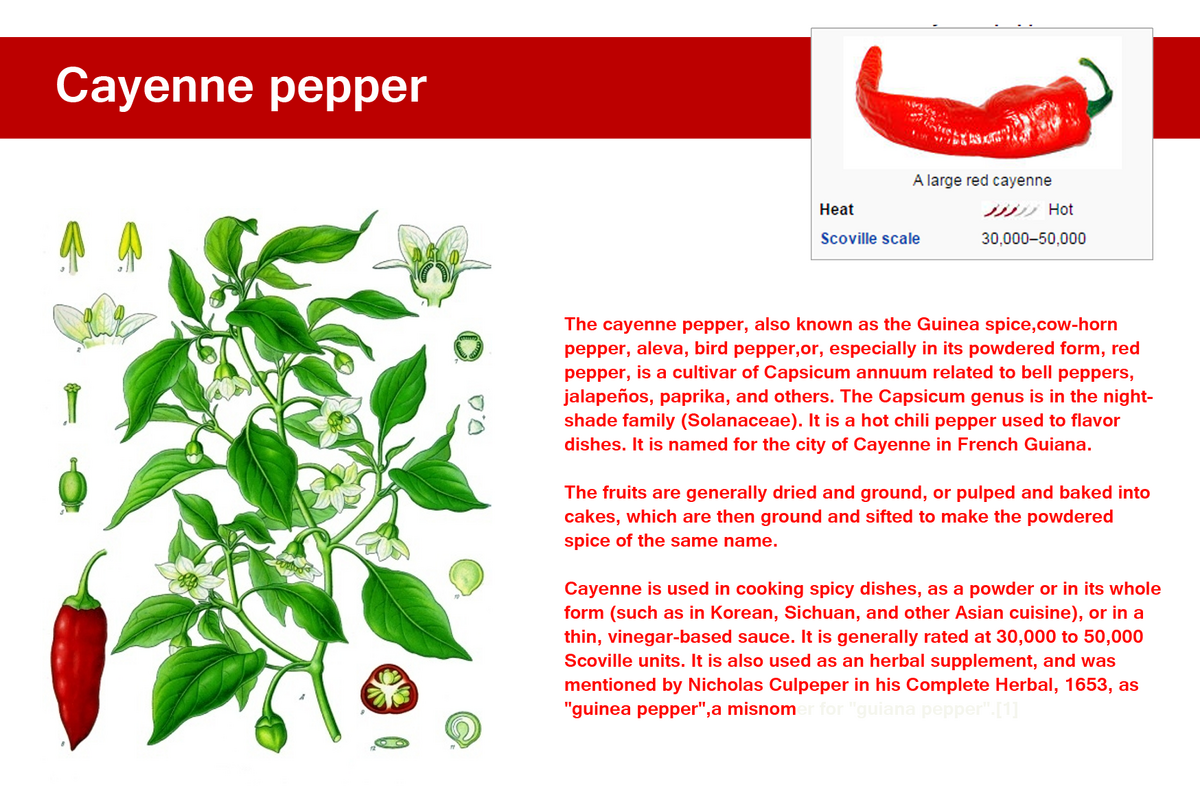
Cayenne pepper Wiki Fandom
Cayenne pepper offers 80% more vitamin K per 100 grams. Red bell pepper only provides 4.9 micrograms. Cayenne pepper has more riboflavin, thiamin, niacin, folate, and vitamin B6 than red bell.

Cayenne pepper Wikipedia Stuffed peppers, Negative calorie foods, Natural remedies for arthritis
Capsicum frutescens is a wild chili pepper having genetic proximity to the cultivated pepper Capsicum chinense native to Central and South America. [2] Pepper cultivars of C. frutescens can be annual or short-lived perennial plants. Flowers are white with a greenish white or greenish yellow corolla, and are either insect- or self-pollinated.

Cayenne Pepper · Washington's Mount Vernon
Cayenne, AKA Capsicum annuum and Capsicum frutescens, is a plant that is a member of the pepper family and is found in South America. Cayenne contains not only capsicum oleoresin, but also vitamin C and potassium.

La coltivazione del peperoncino di cayenna è relativamente semplice a patto che si prendano le
CAYENNE PEPPER ( Guinea Pepper, Spanish Pepper, Chilly ), a preparation from the dried fruit of various species of Capsicum, a genus of the natural order Solanaceae. The true peppers are members of a totally distinct order, Piperaceae. The fruits of plants of the genus Capsicum have all a strong, pungent flavour.
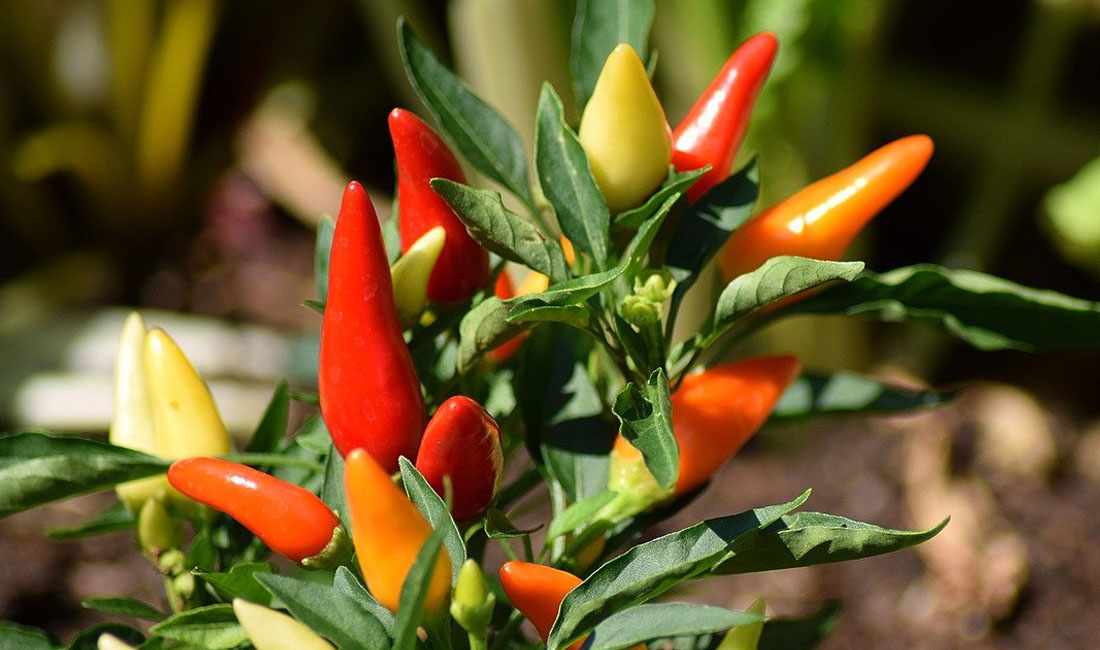
Cayenne Pepper Plant Benefits Uses Grow Herbs Science
Cayenne peppers, scientifically known as Capsicum annuum, belong to the Solanaceae or nightshade plant family, which also includes tomatoes, eggplant, and potatoes ( 1 ). They're a type of chili.
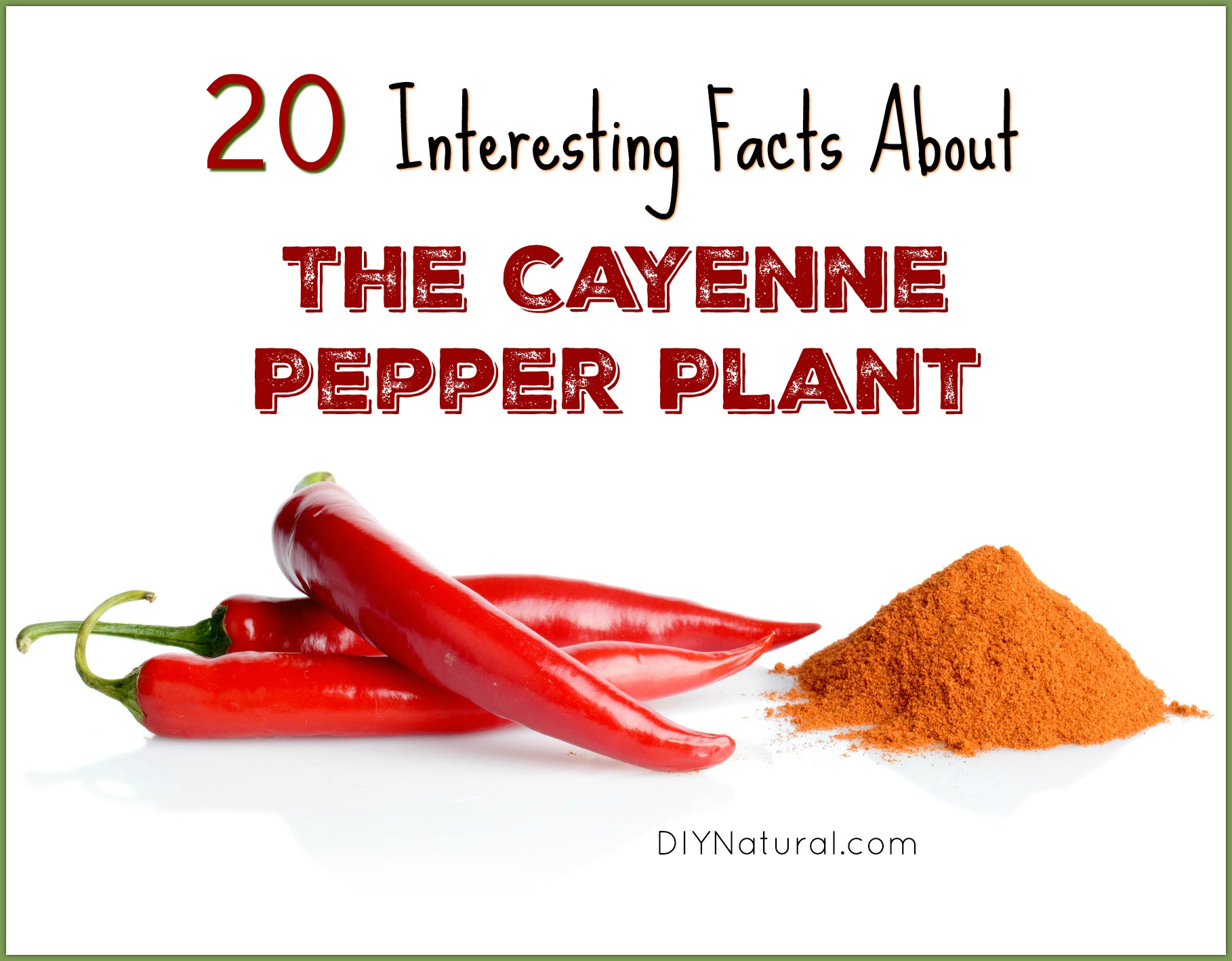
Capsicum Annuum 20 Interesting Facts of the Cayenne Pepper
Water. Watering cayenne pepper plants can be a delicate process. They do require moist soil, but overwatering is a problem too. If the soil becomes too dry or saturated, the foliage can turn yellow, and the plant can struggle. Give your plant a deep watering when the top 1 to 2 inches of soil have dried out.
:max_bytes(150000):strip_icc()/GettyImages-1260737260-0b0f0e96a63a4e3ea2c95aa0ea21984d.jpg)
Cayenne Pepper Care and Growing Guide
The cayenne pepper is famous for its many health benefits. You'll be hard-pressed to find a natural remedy that boasts more versatility than this popular pepper. But why would you pay for the supplements when these are the same benefits you can get from cooking your favorite dish with the whole pepper?
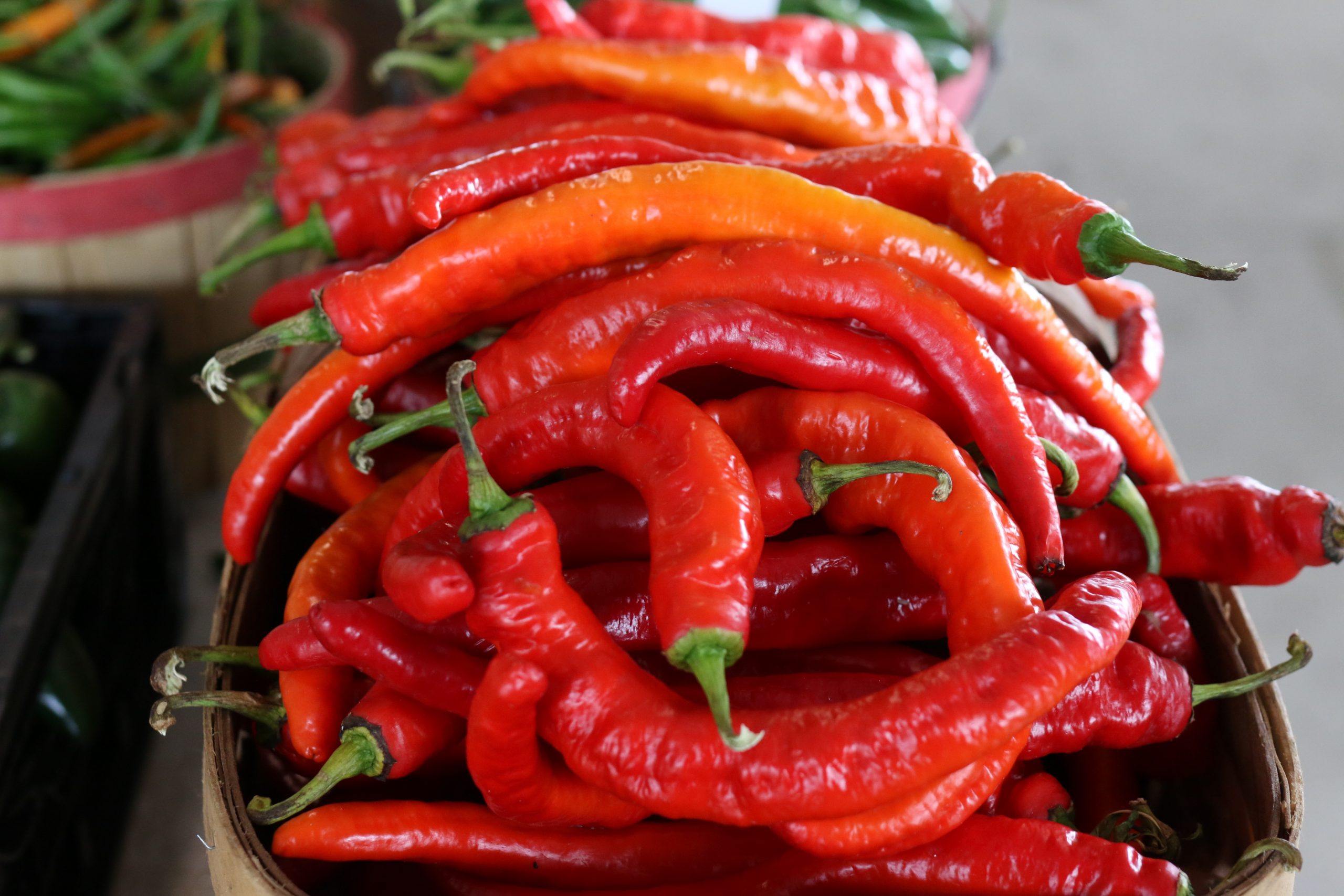
Cayenne Peppers Nelson Family Farms
The cayenne pepper is a type of Capsicum annuum. It is usually a moderately hot chili pepper used to flavor dishes. Cayenne peppers are a group of tapering, 10 to 25 cm long, generally skinny, mostly red-colored peppers, often with a curved tip and somewhat rippled skin, which hang from the bush as opposed to growing upright.
Cayenne Pepper Club Penguin Wiki Fandom
Pour hot water over the cayenne. Try to use water that has almost reached the boiling point. 3. Stir the cayenne and the water until it is dissolved. You will notice flakes of the cayenne pepper floating in the water, which is fine. 4. Add the juice from half a lemon to the cup. Stir the lemon juice into the tea. 5.

Cayenne pepper Wikipedia, the free encyclopedia Stuffed peppers, Growing peppers, Herbs
Half a cup of fresh chopped cayenne pepper has about: Calories: 30. Protein: 1.5 grams. Fat: 0.33 grams. Carbohydrates: 6.5 grams. Fiber: 1 gram. Sugar: 4 grams. Fresh peppers are better for you.

How to Grow Cayenne Peppers D.I.Y. Gardens
Cayenne peppers are a popular chili pepper used to spice food in Mexico and the US. Otherwise known as "capsicum annuum," this thin red pepper can be grown outdoors in sandy, acidic soil. Although these peppers are perennials, meaning they grown continuously, their harvest can be reduced the second year, so they are often replanted.